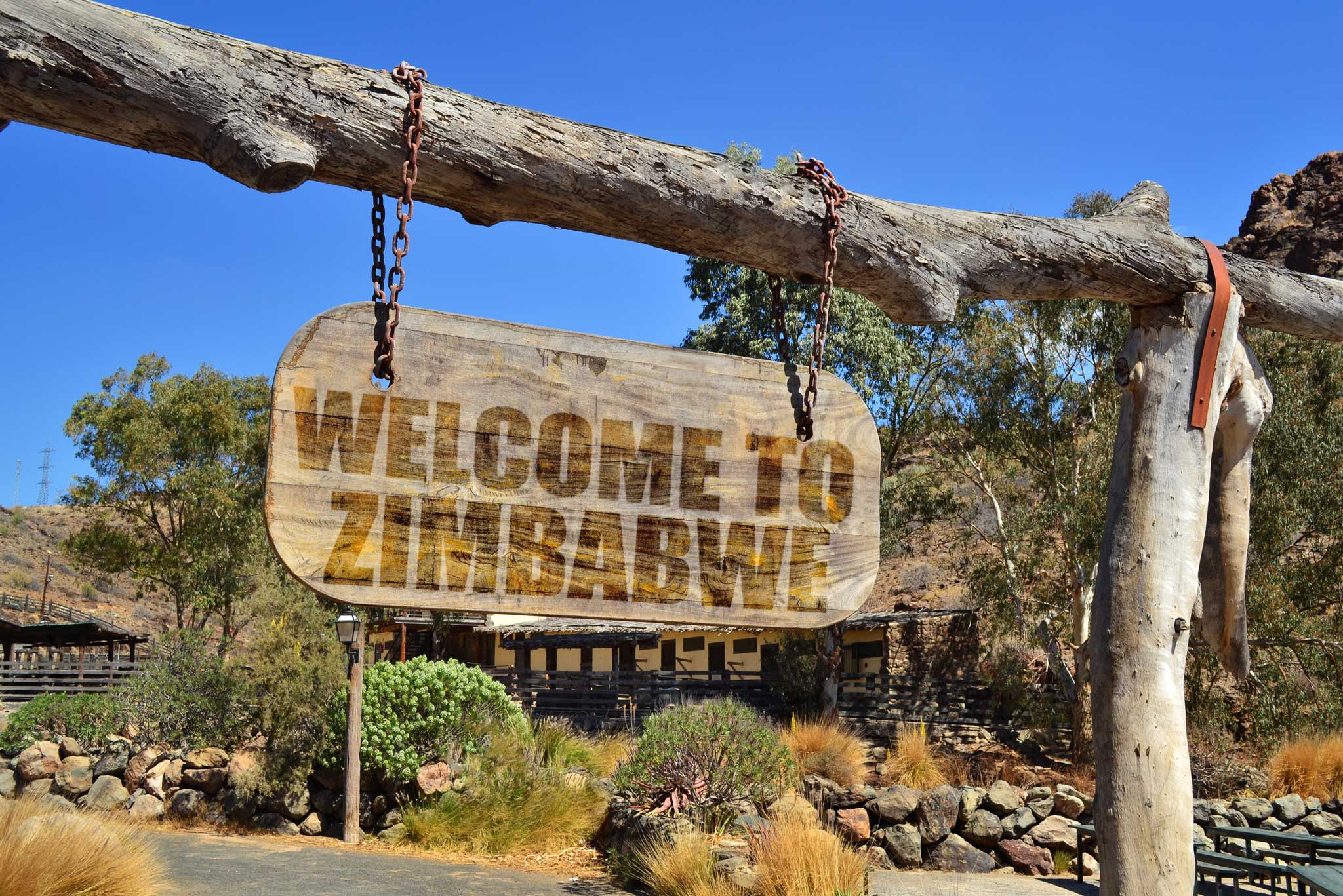Tourism sector defies sanctions
Zimbabwe, despite the existence of sanctions, remains an irresistible international tourist destination whose peaceful environment coupled with unique tourism products and aggressive marketing drive, are a major draw card to travellers.
Latest reports indicate the country’s tourism sector is on a steady rebound after the deadly Covid19 pandemic and ironically, scores of international tourists visiting the country are largely drawn
from the United States of America and the United Kingdom, who imposed sanctions on Zimbabwe.
For the past two decades, the country has been reeling under illegal sanctions imposed by London
and backed by the US and their Western allies, ostensibly in protest against the fast-track land
reform programme that the country embarked on to correct the skewed land ownership that
favoured the minority white farmers.
On October 25, Zimbabwe will be joined by Sadc and the rest of the progressive world to push for
the removal of the illegal sanctions that have also affected the entire region.
Sadc Heads of State and Government in 2019 proclaimed October 25 as a day of solidarity with the
Zimbabwean people against sanctions.
While sanctions have crippled other critical sectors of the economy in recent years, individual
travellers from antagonistic states have ignored the routine travel warnings against Zimbabwe with
official figures showing that thousands of Western tourists actually enjoy visiting Zimbabwe every
year to sample its unique tourism packages.
For instance, during the first quarter of this year, the tourism sector registered 352 719 arrivals up
from 164 064 during the same period last year. The surge was a 115 percent increase in tourist
arrivals compared to the same period in 2021.
Tourism receipts have also increased by 121 percent so far this year to $337,5 million compared to
last year’s $152,8 million. The huge spike in tourist arrivals is seen as a reflection of global
perception shift towards Zimbabwe under the Second Republic.
In the same vein, international tourism travel agencies have continued to recognise Zimbabwe as a
tourist destination of choice.
In 2018, Global travel guides — Frommer’s, National Geographic Traveller and Lonely Planet listed
the country as one of the top destinations for 2019 with the latter placing it at number nine, the
highest ranking for any African country.
Several players in the sector told Business Chronicle that a blend of unique destination, culture,
history, experience, diverse landscapes and fine wildlife guides were critical in enhancing the
resilience of the sector.
Gwayi Valley Conservation Area chairman, Mr Mark Russell said the prevailing peace is a vital
draw card for tourism. “Zimbabweans are extremely friendly. Tourists continue to visit Zimbabwe
because it is peaceful, it has very low crime rates, quality services and has competitive pricing,” he
said.
Mr Russel said Zimbabwe offers mostly unfenced areas to hunt which was an advantage.
Leading Zimbabwean hospitality group Africa Albida Tourism (AAT) chief executive, Mr Ross
Kennedy also commended the prevailing peace and said destinations like Victoria Falls also offer
unique packages that attract tourists.
He said although travel warnings are issued by different countries for different reasons, a majority
are based on perception. “A lot of it is perception, a lot of it is from embassies that feel they have
an obligation to their citizens and passport holders wanting to travel,” said Mr Kennedy.
He said Zimbabwe whose citizens are known for their hospitality, is incredibly peaceful and
beautiful hence visitors feel at home each time they visit the country. He said this unique
destination blend of culture, community, history, experience and diverse landscapes, has
continued to offer visitors finest experience covering top wildlife guides in the world, a great
record in conservation and fabulous experiences in the hospitality industry across the whole
sector.
Zimbabwe under the new dispensation led by President Mnangagwa is implementing a range of
domestic business reforms including international re-engagement, which have enthused a diversity
of stakeholders across the spectrum including tourism.
Since November 2018 when the Second Republic took over, scores of individuals, business
delegations and big organisational representatives have been flocking to the country to explore
various investment opportunities as well as leisure.
The country has been playing host to oversubscribed international gatherings at its tourist
destinations such as Victoria Falls.
The Government has equally been scaling up efforts to market destination Zimbabwe through
various campaigns, working closely with individual and group agencies locally and abroad.
Overally, Zimbabwe is aiming to achieve a US$5 billion tourism economy by 2025 and the rebound
in the sector has set the tone.
In 2020, the Government launched the National Tourism Recovery and Growth Strategy to re-start
the sector and to further market the country as a prime tourism destination.
Commenting, Hospitality Association of Zimbabwe (HAZ) Victoria Falls chapter chairman, Mr
Arnold Musonza, said despite challenges that the travel and tourism industry has endured, the
need for tourists to experience the country’s unique products was central to their continued visits.
“The key driving factor for travel into Zimbabwe despite travel warnings is the flagship attraction –
Victoria Falls, which will always remain a must visit at some stage in your life,” he said.
Mr Musonza said extensive marketing through the stakeholders in the private sector and
Zimbabwe Tourism Authority has been key.
“Our role going forward is to ensure we keep our flagship products, wildlife and the falls safe and
sustainable,” said Mr Musonza.
To further enhance products attractiveness, Mr Musonza said sustainability is now one of the key
pillars that determine travel internationally as impacts of climate change have become focal.
“Players in the industry have to invest more in sustainable products and good business practices,”
he said.
Mr Musonza said new products have to show diversity with new experiences and not be copy and
paste of existing products if the country is to enjoy repeat visits. – -chronicle.co.zw











